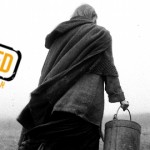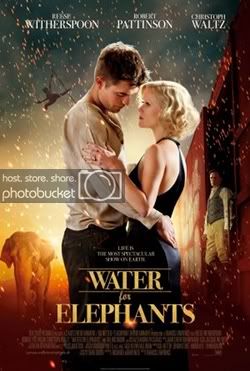Review: The Turin Horse *BAFICI Screening*
Dir. Bela Tarr
Hungary
146 Mins
2011
The horse is immense. It drags the carriage against the perpetual wind, its eyes agitated and delirious, each step perhaps its last, and yet it keeps moving, muscles contracting and relaxing as it gallops to the portentous rhythm of hypnotic music that rises in volume and madness as its sinister vibrations signal the tremors of a fading world.
Bela Tarr extracts the cosmic largeness contained within the mundane. He directs a universe where the daily worries of an aging man and his daughter, who persevere every day in a secluded wasteland, summarize the subdued passions and silent anguish of humankind. There is a town nearby, but the ceaseless gusts that peel away the earth retain father and daughter in the rustic enclosure of their lonely house. Chance visitors add variety to otherwise uniform days, small revolutions that succumb to the reemergence of routine. Gypsies and a local pessimist appear and then vanish in the oblivion that awaits beyond the perimeter of the lonely house, the last remaining fort before the apocalypse, a squarish and rocky shack suspended in an eternal space of darkness.
Always the wind. As her father sits on his bed, perplexed and horrified by morning’s new light, she applies layer after layer of clothing, preparing for the outside cold, and with her armor of fabric she opens the door and crashes with the stormy swirls on her way to the well. Her life is the anticipation and surpassing of these moments, these repeated notes in the ambient sound of her existence.
Like a forgotten god, the horse emerges from the gloom of the barn, its massive head from poll to muzzle running across the vertical length of the screen. A monument to ignored dignity, the otherwise subservient animal starves itself as if that were its only possibility for revolt. Its tragedy is the fact of its absence, as it recedes from the movie camera during much of the running time, while it lolls uselessly in its stable of shadow and hay awaiting its human master, anticipating the hour when it will be called upon to fulfill its equine obligations and engage in tortuous trudges that remove it from its constant tedium only to deposit it on a road of unremitting toil.
But father and daughter are likewise trapped. Nothing is revealed of their past and all their efforts seem directed at a future no more distinctive than the potatoes they consume every dinner. We cannot even imagine their birth, their constant labor being the only image we can produce of either. We can only envision them repeating the same tired movements until the grave, an endless procession of essentially duplicated days, interrupted solely by vague and indistinct hints of novelty which prove so disappointing that the drudgery becomes a sort of respite, the predictable suffering they depend upon to distract them from their echoing solitude.
-
http://twitter.com/NextProjection Christopher Misch














 Review: Water For Elephants
Review: Water For Elephants Review: Mysteries of Lisbon *BAFICI Screening*
Review: Mysteries of Lisbon *BAFICI Screening* Review: The Turin Horse *BAFICI Screening*
Review: The Turin Horse *BAFICI Screening* Review: Taxi Driver
Review: Taxi Driver Review: Your Highness
Review: Your Highness Trailer: Grave Encounters
Trailer: Grave Encounters Trailer: Julia’s Eyes
Trailer: Julia’s Eyes Trailer: The Bleeding House
Trailer: The Bleeding House Trailer: Submarine
Trailer: Submarine Trailer: X-Men First Class *UK*
Trailer: X-Men First Class *UK*






